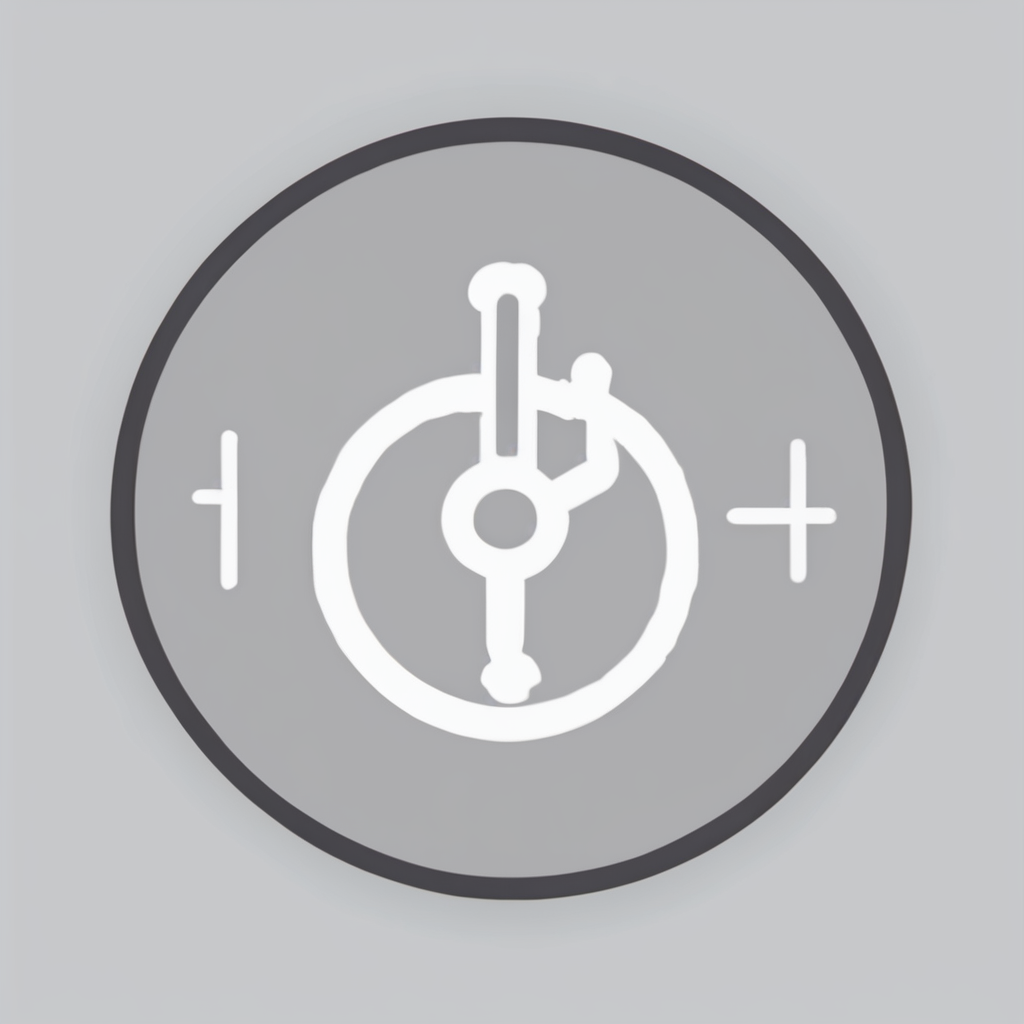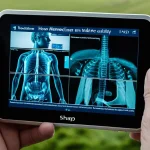Latest Breakthroughs in UK Health Technology
The landscape of UK health technology advancements has been rapidly evolving, driven by recent health innovations UK has introduced. Among the most compelling is the integration of AI diagnostics, which is revolutionizing clinical decision-making. These AI systems analyze complex medical data quickly, improving accuracy and enabling earlier disease detection, which benefits both clinicians and patients alike.
Moreover, telemedicine has seen widespread adoption as a key digital healthcare solution. This technology expands patient access to care, especially for those in remote or underserved areas, accommodating consultations without physical visits. The convenience and efficiency of telemedicine also reduce wait times and healthcare system burdens.
In the same genre : How Is Technology Transforming Healthcare Practices in the UK?
In parallel, the implementation of digital health records across NHS and private sectors marks a significant advancement. These records streamline patient data management, ensuring that health professionals can access comprehensive information promptly. This upgrade in record-keeping supports better coordination of care, reduces errors, and promotes personalized treatment plans.
Together, these cutting-edge developments showcase how UK health technology advancements are enhancing patient outcomes and shaping the future of healthcare delivery.
Also to discover : What Innovations Are Transforming UK Healthcare Today?
Real-World Applications and Successes
Discovering the practical impact of UK health technology case studies reveals significant advances in patient care. Digital health records have transformed how clinicians access and share vital information, leading to improved diagnosis accuracy and care continuity. For example, hospitals employing electronic records report faster decision-making and fewer medical errors.
Telemedicine adoption across UK hospitals demonstrates notable benefits. Patients in remote areas now receive timely consultations, reducing the strain on emergency departments. UK telemedicine examples highlight how virtual appointments have increased healthcare accessibility while maintaining high-quality service standards.
AI-driven diagnostics offer impressive results in real clinical settings. In certain UK health technology case studies, artificial intelligence algorithms assist radiologists in detecting anomalies faster and with greater precision. This synergy of technology and expertise enhances early diagnosis, treatment planning, and patient outcomes.
Ultimately, these successes showcase how integrating digital health records and telemedicine within the UK’s healthcare infrastructure creates a more efficient, patient-centric system. Embracing such innovations not only improves operational efficiency but also strengthens the trust patients place in digital healthcare solutions.
Benefits for Patients and Healthcare Providers
Enhancing care quality and system performance
The implementation of advanced technologies in healthcare leads to significant patient care improvements in the UK. One major benefit is faster, more accurate diagnoses, which directly influences patient outcomes by enabling timely interventions. This precision reduces diagnostic errors, fostering trust and confidence in medical care.
By streamlining processes, healthcare technology also boosts healthcare efficiency. It cuts down administrative workloads, allowing providers to devote more time to patient interaction rather than paperwork. Additionally, it reduces wait times, a critical factor in patient satisfaction and treatment success.
Expanding healthcare accessibility UK involves bridging gaps for rural and vulnerable populations. Telemedicine and remote monitoring devices enable these groups to receive quality care without the burden of travel. This inclusivity promotes health equity nationwide, ensuring everyone benefits from advancements regardless of location.
These improvements collectively reshape healthcare delivery, supporting providers and enhancing patients’ experiences. Embracing such solutions is key to building a more responsive and equitable system.
Challenges and Limitations in Adopting Health Technology
Adopting health technology in the UK faces significant hurdles, primarily revolving around integration and interoperability across diverse NHS systems. Many digital solutions struggle to communicate effectively with existing infrastructures, causing delays and operational inefficiencies. This fragmentation presents a core health technology challenge that hampers seamless healthcare delivery.
Data privacy and security are equally pressing concerns. Ensuring compliance with strict regulatory frameworks demands robust safeguards to protect sensitive patient information. Healthcare providers and developers must navigate a complex landscape of legal requirements to maintain trust and confidentiality, making technology adoption slower and more cautious.
Another critical barrier lies in digital health barriers, especially related to patient access and literacy. Not all patients possess the skills or resources needed to use digital tools efficiently, creating disparities in care quality and engagement. Addressing these gaps requires tailored education programs and accessible technology designs that accommodate diverse user needs.
In sum, surmounting these challenges involves coordinated efforts to enhance system compatibility, fortify security, and bridge digital divides within the NHS context, fostering more inclusive and effective healthcare innovation.
Expert Insights and Future Trends for UK Patient Care
Understanding the future of UK health technology requires examining expert opinions healthcare UK professionals share regarding patient care projections. Experts consistently emphasize the increasing integration of digital tools like AI-driven diagnostics and telehealth services. These technologies promise to streamline patient interactions and improve care accuracy.
The long-term impacts for patients and clinicians are significant. Clinicians will benefit from enhanced decision-support systems, allowing more personalized treatment plans. Meanwhile, patients can expect more accessible and convenient care, particularly in remote or underserved areas.
Predictions for emerging technologies suggest rapid adoption of wearables and real-time monitoring devices. These innovations will enable proactive health management, identifying issues before they escalate. Adoption rates depend on overcoming barriers such as data privacy concerns and infrastructure readiness, but momentum is strong.
The evolving role of technology is transforming UK healthcare pathways by shifting the focus from reactive treatment to preventative care. This change encourages collaboration between multidisciplinary teams supported by sophisticated digital platforms. Embracing these advances will be key to improving outcomes and optimizing resources across the UK healthcare system.



